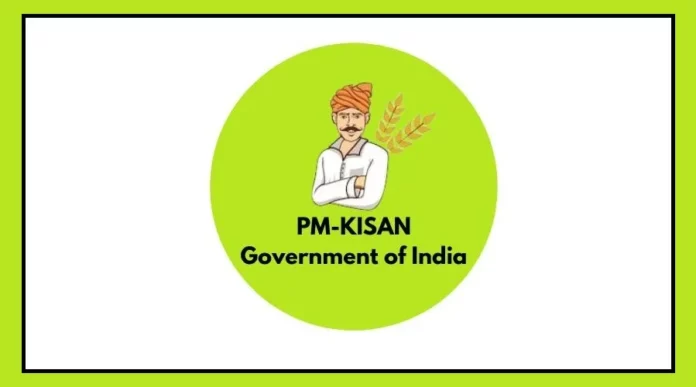Efforts are underway to accurately assess damage to farmers’ crops caused by floods, droughts, or other natural disasters.
The central government plans to use remote sensing technology for this purpose.
This technique allows damage assessment through satellite imagery, eliminating the need for on-site inspections.
If insurance companies delay compensation payments, they will be required to pay 12% annual interest on the pending amount.
Traditionally, crop damage was evaluated during crop cutting by visiting the affected site. However, the government has now decided to adopt satellite-based systems.
Remote sensing provides precise information about the condition of objects without requiring a physical visit, ensuring faster and more accurate assessments.
Crop Insurance: Past and Present Initiatives
The Pradhan Mantri Fasal Bima Yojana (PMFBY), launched in 2016, aims to compensate farmers for crop losses. So far, claims worth over ₹1.70 lakh crore have been paid.
This scheme is jointly managed by the central and state governments. However, complaints about delays in claim settlements were widespread.
Some delays were caused by states not paying their share of the premium subsidy on time.
Other issues included incomplete or incorrect farmer data, discrepancies in production details, and delayed premium transfers to insurance companies.
To address these problems, the central government separated its premium share from the states to ensure timely payouts.
State governments are now required to settle claims within 30 days of receiving the final damage details.
If they fail, insurance companies must pay the compensation with a 12% annual interest rate.
Improved Systems for Timely Compensation
To streamline the process, the government capped the farmer’s premium share:
Kharif crops: 2%
Rabi crops: 1.5%
Commercial and horticultural crops: 5%
Transparency in claim settlements has improved with the National Crop Insurance Portal
and the DigiClaim platform, introduced during the Kharif 2023 season. Payments are now transferred directly to farmers’ accounts.
Additionally, a Krishi Rakshak portal and a toll-free helpline (14447) have been launched.
These tools help farmers track complaints and get solutions within a specific timeframe, ensuring efficient grievance redressal.
By integrating advanced technology and addressing delays, the government aims to provide faster, fairer support to farmers during difficult times.
